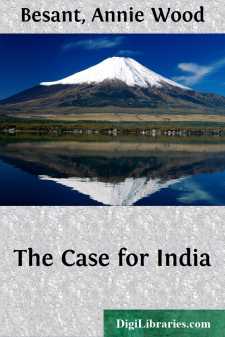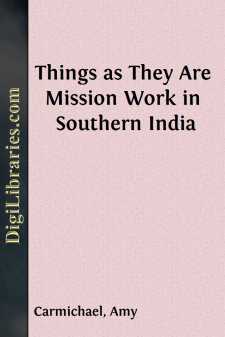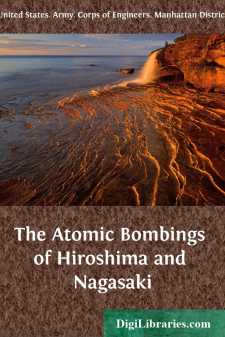History
- Africa 30
- Americas (North Central South West Indies) 50
- Ancient 68
- Asia
- Australia & New Zealand 8
- Canada 41
- Caribbean & West Indies 1
- Civilization 20
- Eastern Europe 12
- Europe 310
- Expeditions & Discoveries 60
- General 77
- Historical Geography 1
- Jewish 9
- Latin America 3
- Medieval 8
- Middle East 13
- Military 248
- Revolutionary 8
- Study & Teaching 5
- United States 353
- Western Europe 56
- World 13
Asia Books
Sort by:
by:
Robert Knox
CHAP. I. How this Island lyes with respect unto me Neighbouring Countries, I shall not speak at all, that being to be seen in our ordinary Sea-Cards, which describe those Parts; and but little concerning the Maritime parts of it, now under the Jurisdiction of the Dutch: my design being to relate such things onely that are new and unknown unto these Europæan Nations. It is the Inland Countrey therefore...
more...
CHAPTER I. PRE-WAR MILITARY EXPENDITURE. The Great War, into the whirlpool of which Nation after Nation has been drawn, has entered on its fourth year. The rigid censorship which has been established makes it impossible for any outside the circle of Governments to forecast its duration, but to me, speaking for a moment not as a politician but as a student of spiritual laws, to me its end is sure. For...
more...
by:
Emma Helen Blair
Chapter XXX Of the first election of our father Fray Lorenzo de León With the fourth of May, 1596, all the capitular religious of this province of SantÐÑsimo Nombre de Jesús of Filipinas assembled, and without much debate cast their votes for father Fray Lorenzo de León,a native of the city of Granada, and son of the house at Méjico, whose learning, ability to preach, and other good...
more...
by:
Emma Helen Blair
Preface The scope of the present volume is confined to the year 1636, but enough of interest occurs within that time—thanks to the overflowing energy of the new governor, Corcuera, who promptly reorganizes all departments of the government; his controversies with the archbishop and the friars; and the difficulties and dissensions which affect the orders themselves. The greater part of this volume is...
more...
by:
Amy Carmichael
I have felt for many years that we missionaries were far too prone to dwell on what is called the "bright side of mission work." That it has a bright side no one can question. That it has a "dark" side some do question; but I for one, after thirty years of experience, know it to be just as true as the bright side is true. I have heard Miss Carmichael's book denounced as...
more...
CHAPTER I Misconceptions about India. Hinduism. An "infernal religion." Hindu mythology. Ascetics. Translations of Hindu sacred books. Modern and ancient ways of teaching Christianity. Danger of the incorporation of a false Christ into Hinduism. Hindu India as it really is. Definitions of "What is Hinduism?" from representative Hindus. India is not really quite so mysterious a country...
more...
FOREWORD This report describes the effects of the atomic bombs which were dropped on the Japanese cities of Hiroshima and Nagasaki on August 6 and 9, 1945, respectively. It summarizes all the authentic information that is available on damage to structures, injuries to personnel, morale effect, etc., which can be released at this time without prejudicing the security of the United States. This report...
more...
CHAPTER I—THE FEUDAL AGE It is a very common thing now-a-days to meet people who are going to "China," which can be reached by the Siberian railway in fourteen or fifteen days. This brings us at once to the question—What is meant by the term China? Taken in its widest sense, the term includes Mongolia, Manchuria, Eastern Turkestan, Tibet, and the Eighteen Provinces, the whole being...
more...









